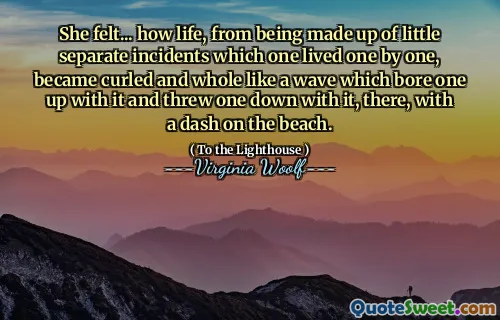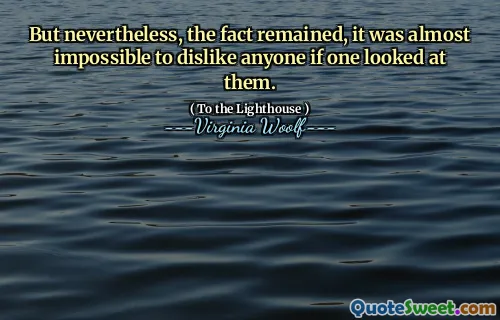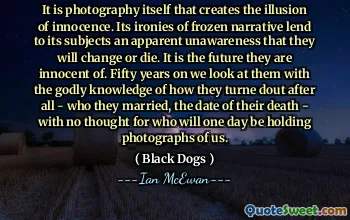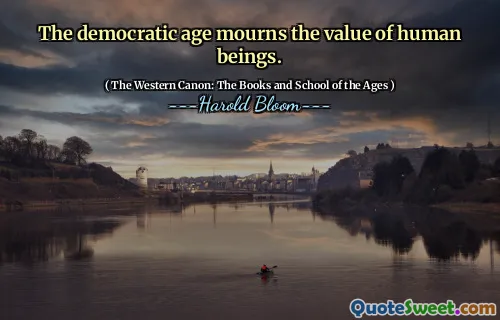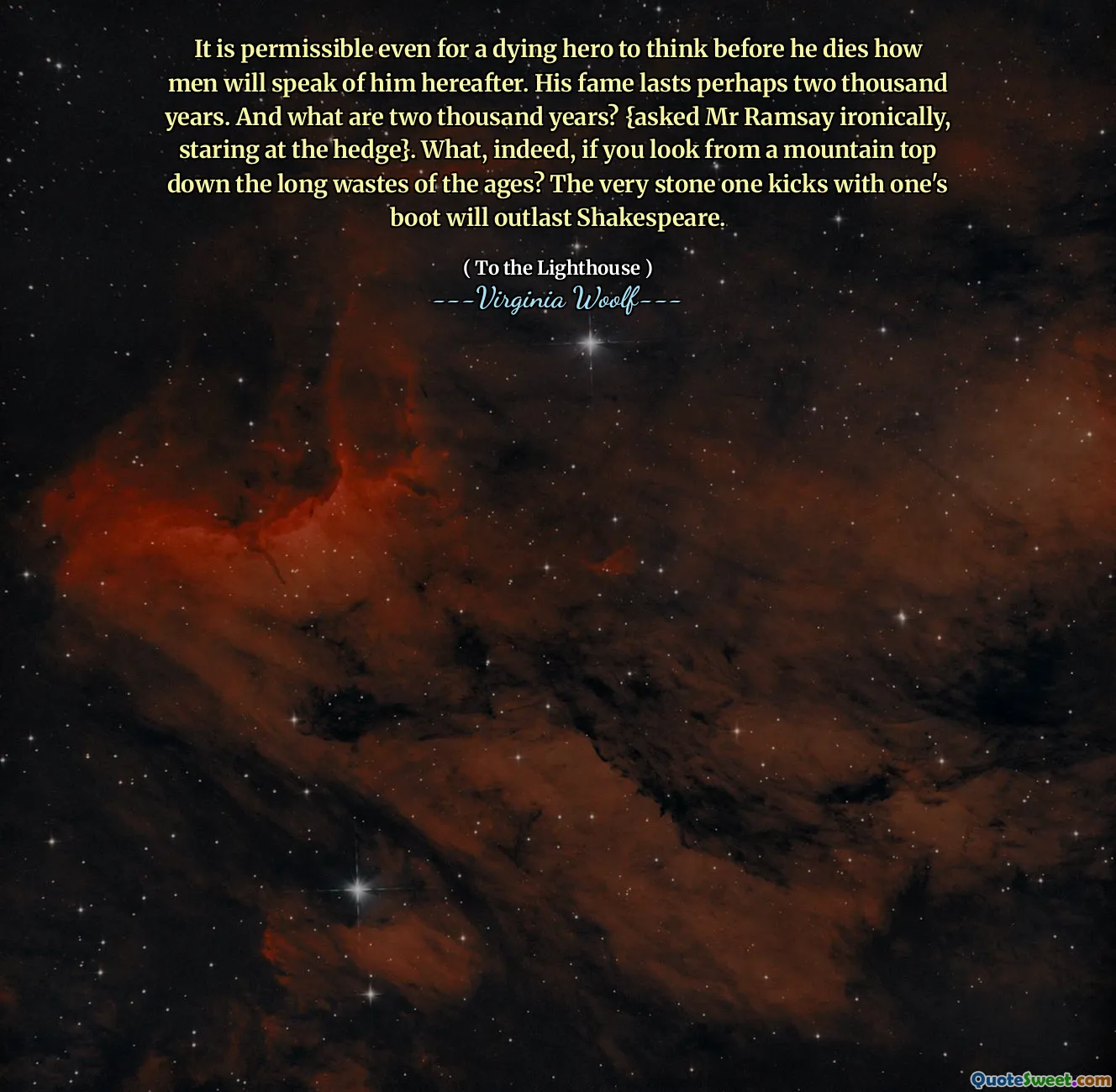
It is permissible even for a dying hero to think before he dies how men will speak of him hereafter. His fame lasts perhaps two thousand years. And what are two thousand years? {asked Mr Ramsay ironically, staring at the hedge}. What, indeed, if you look from a mountain top down the long wastes of the ages? The very stone one kicks with one's boot will outlast Shakespeare.
This quote explores the transient nature of human achievement and fame in contrast to the enduring passage of time and material remnants. It prompts us to consider whether our efforts to be remembered are meaningful against the vast expanse of history. The notion that even a hero contemplating their legacy might worry about how they will be remembered underscores a common human desire for immortality through reputation. Yet, Woolf subtly questions the value of such fame, illustrating that death essentially reclaims all, and the stories we leave behind are but fleeting echoes in the endless march of time. The mention of Shakespeare's stones serves as a metaphor for enduring legacy—immortalized in language, arts, and culture—though ultimately, even these will perish. It encourages reflection on what truly lasts: the physical remains or the ideas and stories passed down. From the vantage point of an individual moment, our worries about legacy seem significant; but from a cosmic perspective, they fade into insignificance. Woolf’s meditation invites us to contemplate the humility required in understanding our place in the universe, and perhaps to find solace or perspective in the impermanence of worldly pursuits. The existential tone reminds us that our human pursuits are part of a long continuum, which can diminish our fears but also inspire a resilient attitude toward mortality.
